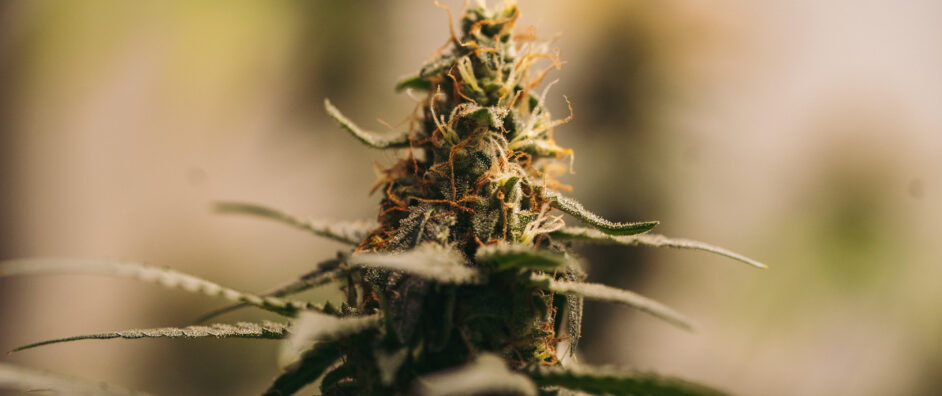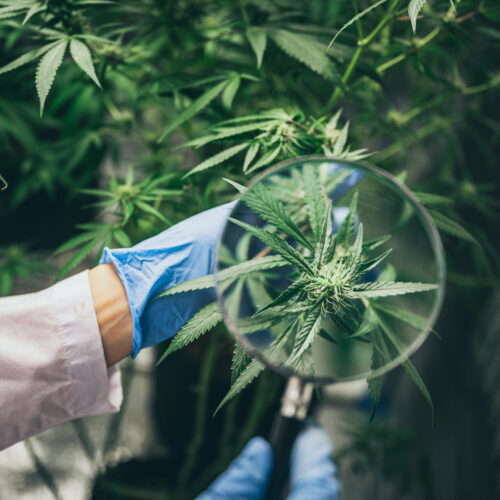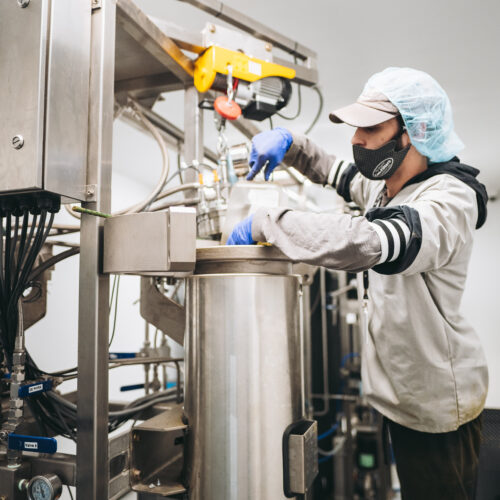If you are new to the world of cannabis, you may have come across numerous acronyms in your reading that are unfamiliar and easily confused with each other. Cannabis contains more than 113 different compounds, and each one can produce a different effect on the human body. CBD and THC are two of the most common terms used when referring to cannabis products.
Many people are unsure of the similarities and differences between these two compounds, and they may not even know what the letters stand for. If you’ve ever wanted to have a more in-depth understanding of THC and CBD, read on to discover a few key facts about each, how they are different, and the situations in which someone might opt for one type of product over the other.
What Is CBD?
CBD products such as CBD oil, gummies, and even pet treats have been media darlings within the past few years. CBD, or cannabidiol, is a component of the cannabis plant that, unlike THC, does not possess psychoactive qualities. This basically means that CBD does not make you feel “high”.
Many cannabis researchers, including those in medical fields, are very excited about the potential properties of CBD that may be harnessed to help people feel better in terms of social anxiety and chronic pain. CBD can be derived from marijuana or hemp.
What Is THC?
In contrast to CBD, users of delta-9-tetrahydrocannabinol (THC) products may smoke or eat baked goods, gummies, and other mint-like dissolving products that are specifically designed to produce a “high.” THC is the primary psychoactive component of marijuana plants. It can alter your mental state by telling your brain to produce more dopamine. People’s reactions to THC products can drastically differ: Some individuals may experience a high with a microdose of THC (less than 10 milligrams), while others may need much more to experience any kind of noticeable difference.
This psychoactive component of THC is why many people are choosing CBD for body discomfort, relaxation, focus, and other lifestyle needs.
What Are Common Uses for CBD?
There’s a lot of research being performed regarding CBD, and there is even some scientific evidence that points to CBD being able to help with childhood epilepsy symptoms: In 2018, the Food and Drug Administration approved a medicine called Epidiolex that’s derived from cannabis and contains CBD. Though this medicine is supposed to help with rare (and very severe) seizure disorders, the benefits of plain CBD, such as the kind you would buy in a store, are varied and have not been explicitly proven yet.
Major Differences Between the Legal Status of CBD and THC Products
Though CBD and THC products may seem similar at first glance, there are a few crucial differences to memorize regarding their legality and availability in the United States. Here is a quick breakdown of the status of both products and the takeaways you’ll need to remember should you choose to buy one or the other.
1. CBD Products
CBD products have been mostly legalized throughout the United States due to the fact that they can call CBD an “extract” of marijuana or cannabis. Though it’s treated as a “controlled substance,” it’s also available in most areas to buy over the counter. Yes, it’s confusing — but for now, know that you will most likely be able to legally purchase CBD products through your local retailer or on the internet if you live in Texas and most other states. If you’re concerned about your state’s laws, be sure to check this database to make sure you can legally purchase these products where you live.
2. THC Products
In most states, THC products have not been legalized, but in some areas, like California, Arizona and Colorado, they are legal — both medical marijuana and recreational cannabis — and they have been for a long time.
In Texas, however, the production, sale or possession of marijuana remains illegal, except to treat retractable epilepsy, multiple sclerosis, autism, Lou Gehrig’s disease, terminal cancer, spasticity, and neurodegenerative disease under the Texas Compassion Use Act.
Why Would Someone Choose CBD Instead of a THC Product?
The product you choose may depend on your reason for using it: Are you seeking a simple high, or are you trying to harness the effects of cannabis without feeling fuzzy headed? The state in which you live may also dictate your choices in this area. For example, if you live in Colorado, you may be offered cannabis brownies by a friend, but if you live in Texas, using THC products are illegal. CBD oil, however, is the first choice for many due to restrictions and usefulness.
The world of CBD and THC is large and varied, and everyone’s experiences are different. You may have to do some research before settling on the right product for yourself and your unique life situation. For now, check into the rules and regulations in your area, and be sure to purchase a product of quality from a vendor you trust! Get in touch with Fluent to learn more.
Featured Image: Creativan/Shutterstock




